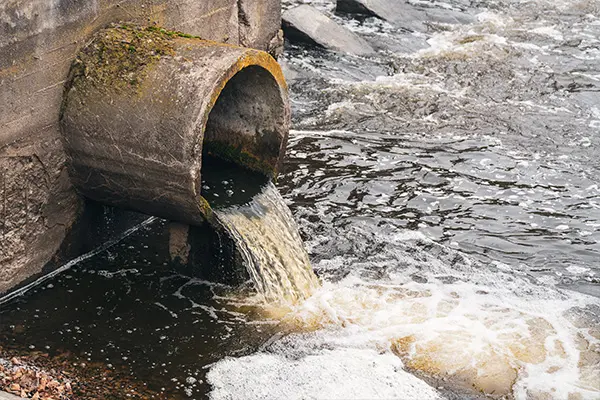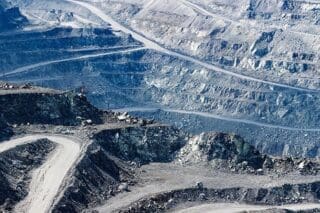
For over three decades, toxic chemicals seeped into some drinking water at Marine Corps Base Camp Lejeune. This contamination may have affected as many as one million people, according to some estimates. And the chemicals could lead to a laundry list of illnesses.
One of the contaminants, benzene, is commonly used in a wide variety of industrial applications. Benzene exposure can have lasting health ramifications. At Camp Lejeune, Marine veterans, their families and civilians may have ingested benzene. This puts them at risk of developing serious diseases, including cancer.
It can be overwhelming to process the many health effects of a dangerous chemical like benzene. Readers can find a list of the three main health problems caused by benzene below. This list may help people understand what to watch for in individuals who drank the contaminated water.
Top Three Health Problems Caused by Benzene
Benzene can cause short-term and long-term health issues. The International Agency for Research on Cancer has labeled it as a carcinogen. In studies, people regularly exposed to benzene have higher than average rates of leukemia. Benzene can damage bone marrow, harm reproductive organs and increase a person’s cancer risk.
1: Bone Marrow Damage
Long-term exposure to benzene can damage bone marrow (the soft tissue inside bones). New blood cells are made in this marrow tissue. When benzene damages bone marrow, a person may develop several blood cell conditions.
- Anemia: This condition happens when a person’s red blood cell (RBC) count is too low. RBCs carry oxygen to tissues throughout a person’s body. When benzene exposure causes anemia, a person may feel tired and weak.
- Low platelets: Platelets help form blood clots that slow or stop bleeding. When benzene exposure makes platelet levels drop, a person may bleed or bruise easily.
- Low white blood cells: White blood cells (WBCs) help people fight infections and illnesses. If benzene causes WBC levels to drop, a person may get frequent infections. This may include bladder infections, lung infections, sinus infections and skin infections. Low WBC levels can be life-threatening.
2: Reproductive Organ Problems
Prolonged exposure to benzene may also harm reproductive organs. For example, women who breathed in benzene had irregular periods and smaller ovaries. There is no evidence of infertility in men.
In pregnant animals, benzene exposure has caused low birth weight, delayed bone formation and bone marrow damage.
3: Increased Cancer Risk
Research has found a link between benzene exposure and cancer in people and animals. The strongest evidence along these lines shows an increased risk of blood cancers, like leukemia.
In studies of people exposed to benzene at work, rates of acute myeloid leukemia are higher than average. Other studies have found a link with childhood leukemia, but the evidence isn’t as strong.
Help for Camp Lejeune Victims
Water contamination at Camp Lejeune put millions of people at risk for debilitating diseases. And benzene is just one of the harmful chemicals that were found on base. The true impact on the victims may not be known for many years. In the meantime, many are already dealing with cancer diagnoses and treatments. In response, government officials have acted to support the veterans, their families and other victims.
In August of 2022, President Biden signed the Camp Lejeune Justice Act of 2022, which allows victims to sue the government to recover damages caused by the contaminated water. Anyone affected by the contaminated water at Camp Lejeune who meets the criteria may be able to file a claim. Camp Lejeune claims can help cover medical expenses caused by the toxins.




